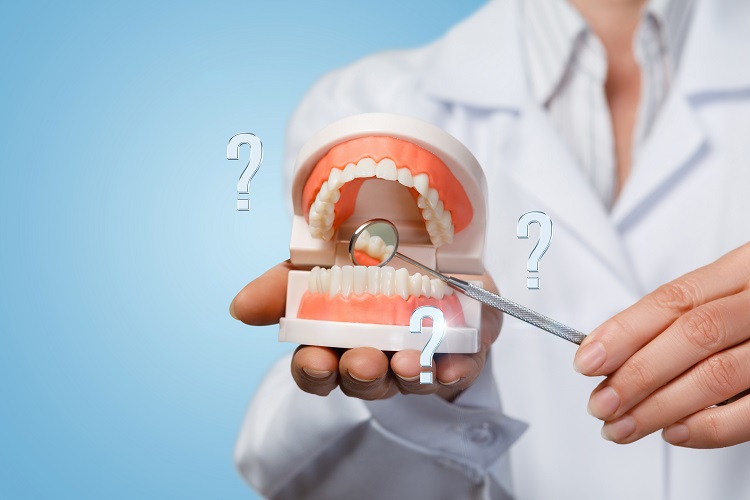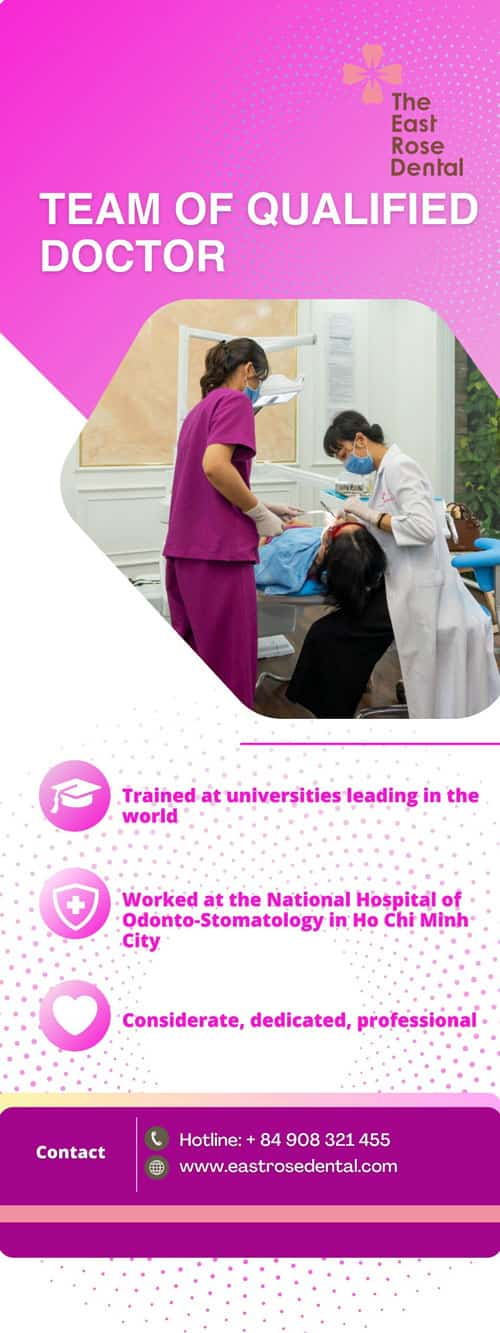Pros and cons of lingual braces
Lingual braces are the ideal solution to help you improve and preserve your dental image and health. Not only will they help refine your smile, but they will also help you avoid any prying eyes and the hassle of having to explain your braces to everyone around you altogether. Lingual braces owe much of their current popularity to their outstanding benefits and low complication rates.
What exactly are lingual braces?
Lingual braces are essentially traditional braces that are positioned on the back of the teeth instead of on the front. For this reason, lingual braces and traditional braces still share certain core features. Otherwise, the springs, brackets, and orthodontic and rubber bands will all be placed on the back of the teeth.
Pros and cons of lingual braces
At a glance, lingual braces may sound like the ideal option for anyone looking to have dental braces. However, these braces still have their own pros and cons as follows:
1. Pros of lingual braces
Getting lingual braces can be beneficial in the following ways:
- Improved appearances: As the springs and brackets of the braces will be positioned on the back of the teeth, it would be difficult for anyone around the wearer to spot the braces even if the wearer makes no active effort to hide it
- Precise and satisfactory results: Compared to other methods of getting dental braces, lingual braces have had several technological developments made specifically for it to improve its chances of producing satisfactory results for patients.
- Shorter treatment duration: Many have pointed out that the treatment duration for lingual braces can be shorter than if transparent braces were being used instead. This essentially means you can shorten your treatment duration and have that radiant smile you aim for.
- Not as many dentist appointments: Many packages for dental braces nowadays offer appointment plans that have longer intervals between appointments, making them suitable for busy patients who cannot spare much time for frequent dentist appointments.
2. Cons of lingual braces
Lingual braces, like all things, also have their town setbacks and disadvantages such as:
- Discomfort: It may take you some time to familiarize yourself with wearing lingual braces. As the braces will be on the back of your teeth, your tongue will likely have to rub against the braces quite frequently.
- Each dentist appointment will take a lot of time: Every adjustment done to the braces must be made precisely and meticulously for the patient’s teeth to be correctly aligned and positioned. For this reason, your periodical appointments may take more time than you would expect them to.
- High costs: The costs of lingual braces maybe twice as expensive as those of traditional braces.
As the dental industry continues to develop, the setbacks of procedures such as dental braces are also being minimized. If you think this treatment is suitable for you and your goal, come visit accredited dental clinics like The East Rose Dental Clinic for a more detailed consultation session to help you make your final decision.
How do I know if lingual braces are suitable for me?

The only way to find out whether or not you should get lingual braces is to visit a dental clinic. At dental clinics, experienced dentists will assess your specific case to inform you about your options and which one might be the most suitable for you. That being said, lingual braces are often compatible with most patients.
However, if your teeth are too small or if they are not wide enough, the brackets of the braces may not have enough space to adhere to the back of your teeth.
How to take care of your lingual braces
Much like wearers of traditional braces, those who wear lingual braces must also regularly and carefully clean their braces. Here are some tips to help you take better care of your lingual braces:
1. Habitually and carefully clean your teeth and inner mouth
In addition to brushing your teeth 2 – 3 times per day, you should also use dental floss to clean the spaces between your teeth. This will help ensure your braces stay clean and prevent any food from remaining behind, which may create environments that are suitable for bacterial growth in the process. Additionally, it is advisable that you visit your dentist regularly to have your brackets checked for stability and any leftover food fragments removed.
Learn more about the importance of tartar removal.
2. Take good care of your tongue
Wearing braces will inevitably cause your tongue to repeatedly rub against your brackets, causing sores, itches, and discomfort in the process. For this reason, you may want to consider applying the sap provided by your dentist on your brackets in order to reduce the friction experienced by your tongue.
3. Pay attention to what you eat
In order to fully support your treatment, there are certain food items that you should refrain from eating such as:
- Foods that require extensive chewing like corn, apples, guavas
- Foods that are excessively chewy such as certain types of candies, bread, pizzas, pastries, and items like dried squids, beef tendons, deer tendons, etc.
- Sugary items like milk tea, cakes, soft/fizzy drinks, etc.
Additionally, you must never use your teeth to tear open packages. You should also refrain from chewing hard items like ice cubes. Instead, you should make room for foods that are soft and easy to chew such as different types of vermicelli, boiled eggs, and sponge cakes.
Reference source
Services
Working Time
- Monday - Friday: 08:00 - 19:00
- Saturday: 08:00 - 18:00
- Sunday closed
Contact Info
- Hotline 1: (+84) 908 321 455
- Hotline 2: (+84) 931 857 885
- Mobile: (+84) 8 3925 8778
- Phone: (+84)2 838 258 778
- info@dentalrose.net
- rosedentalclinicvn@gmail.com
 English
English  Tiếng Việt
Tiếng Việt

